We are in the midst of an exciting shift in our understanding about effective reading instruction. Increasingly, many districts and schools are recognizing a deep and robust background knowledge as crucial for improving reading comprehension. The curriculum renaissance, with its emphasis on knowledge-building, marks a welcome departure from nearly a decade of drilling small passages to “find the main idea” and separating students by “instructional level.”
But why is background knowledge is so important for reading, learning, and even thinking critically? And how might the deliberate use of podcasts and documentaries in the classroom supercharge the building of student background knowledge?
Knowledge is Critical
Cognitive scientist Daniel Willingham writes in the article How Knowledge Helps that knowledge plays an integral role in strengthening reading comprehension, learning new information, and thinking critically. He writes, “if we want our students to learn how to think critically, they must have something to think about.”
In particular, background knowledge mightily assists readers in making predictions and inferences, because those with a rich general knowledge have many strong associations among concepts in long-term memory to draw upon with minimal cognitive load. “When associations are strong, they become available to the reading process automatically.” In fact, Recht and Leslie’s (1988) “Baseball Study” found that knowledge of a topic has a much greater effect on comprehension than any generalized reading ability or level.
To build students background knowledge, Willingham encourages teachers to do four things:
- Make factual learning meaningful by always connecting to prior knowledge. Willingham writes, “facts are useful only if they are meaningfully connected to other bits of knowledge.”
- Recognize that knowledge acquisition can be incidental and not always explicit. Basically, we remember what we think about, and this can happen when we are not actively trying to learn something.
- Knowledge acquisition need not be incredibly detailed. Willingham writes, “the knowledge required to increase reading comprehension is often fairly superficial.” Just having the gist of key moments and important historical figures is enough to boost reading comprehension.
- Start the knowledge-building as early as possible. Like investing, knowledge growth is exponential, so the sooner the better.
Given this research and guidance, it should be clear that teaching background knowledge is a vital part of teaching reading comprehension and improving overall literacy. The question now becomes: What steps can teachers take to further bolster students’ background knowledge in the classroom?
Building Knowledge with Podcasts and Documentaries
In my fifth grade classroom, one of the most efficient and effective ways I’ve found to supercharge background knowledge building is the deliberate use of high-quality podcasts and documentaries. These media serve to supplement and scaffold a knowledge-rich curriculum and regular interaction with complex text. Podcasts and documentaries can both preview a new topic to be studied, or reinforce and apply concepts previously learned.
A few excellent podcasts for elementary and early middle schoolers include the science-focused But Why: A Podcast for Curious Kids and Brains On!. For documentaries, PBS is a goldmine and I’d highly recommend NOVA’s Making North America and the engineering-focused Design Squad. With an Amazon Prime/Netflix/Hulu subscription, there will be a plethora of other options – just make sure the content is appropriate for your students.
To maintain a theme, it’s best to choose episodes/series based on key topics organized by grade level, and communicate this to students. Below is a great resource that Jared Myracle, Chief Academic Officer of Tennessee’s Jackson-Madison County Schools, compiled to focus his district’s knowledge-building.
| Kindergarten: Weather and Seasons, Plants and Animals, Five Senses, Native Americans, Presidents and American Symbols
First Grade: Astronomy, Animals and Habitats, Human Body, Frontier Explorers, Fables Second Grade: Nature Cycles, Insects, U.S. Civil War, Immigration, Fairy Tales and Tall Tales Third Grade: Frogs, Continents and Countries of World, Peter Pan and Literary Classics, Conservation, Electricity and Magnets Fourth Grade: Animal Defense Mechanisms, Native Americans, American Revolution, Ecosystems, Earth’s Natural Formations Fifth Grade: Rainforests, U.S. 1850-Present, Civil Rights, Natural Disasters, Climate, Earth and the Solar System |
Once key topics and relevant podcasts/documentaries have been identified, it’s time to create an instructional routine. Using the four guidelines from Willingham, here are some implementation tips:
Always connect. Pause podcasts/documentaries frequently to explicitly make connections to topics studied prior and ask students questions to take advantage of the benefits of retrieval practice. Incorporate note-taking and writing-to-learn exercises using Hochman and Wexler’s Writing Revolution to keep students engaged and thinking deeply about content.
Incidental. Use podcasts and documentaries before or after the most difficult and stressful transitions in the school day – for me, after lunch and before dismissal. I call these“brain breaks,” but really I use them to simultaneously decrease stress and incidentally build background knowledge on a range of topics.
Not Detailed. The most useful documentaries and podcasts cover large time periods or broad brush strokes of topics. For example, there are many “greatest inventions of the century” series that reinforce and bring to life topics learned in social studies or science curricula.
Early. It’s okay, and even beneficial if the documentary contains vocabulary and content above grade-level. The visuals, diagrams, and repeated use of key words allow students to get a head start accessing and comprehending complex concepts and ideas.
The deliberate use of podcasts and documentaries is an underutilized method for knowledge-building in classrooms and has been a game-changer in my instruction. The impact is evident in my students’ growth on standardized assessments (particularly in science) and, most importantly, in their interest and enthusiasm for learning.
Please comment with any podcasts or documentaries you’ve found useful in the classroom, along with any instructional routines you’ve implemented.

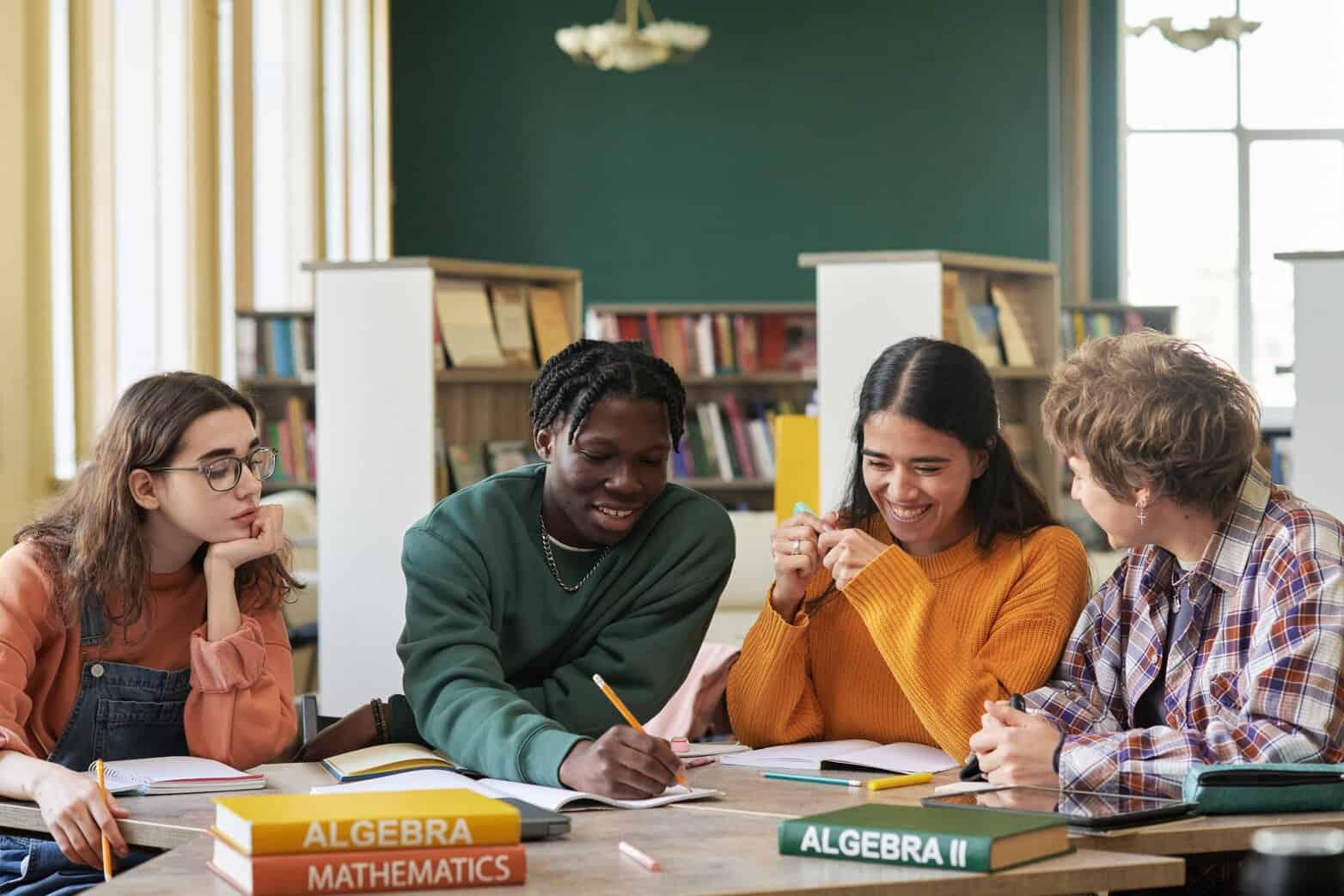






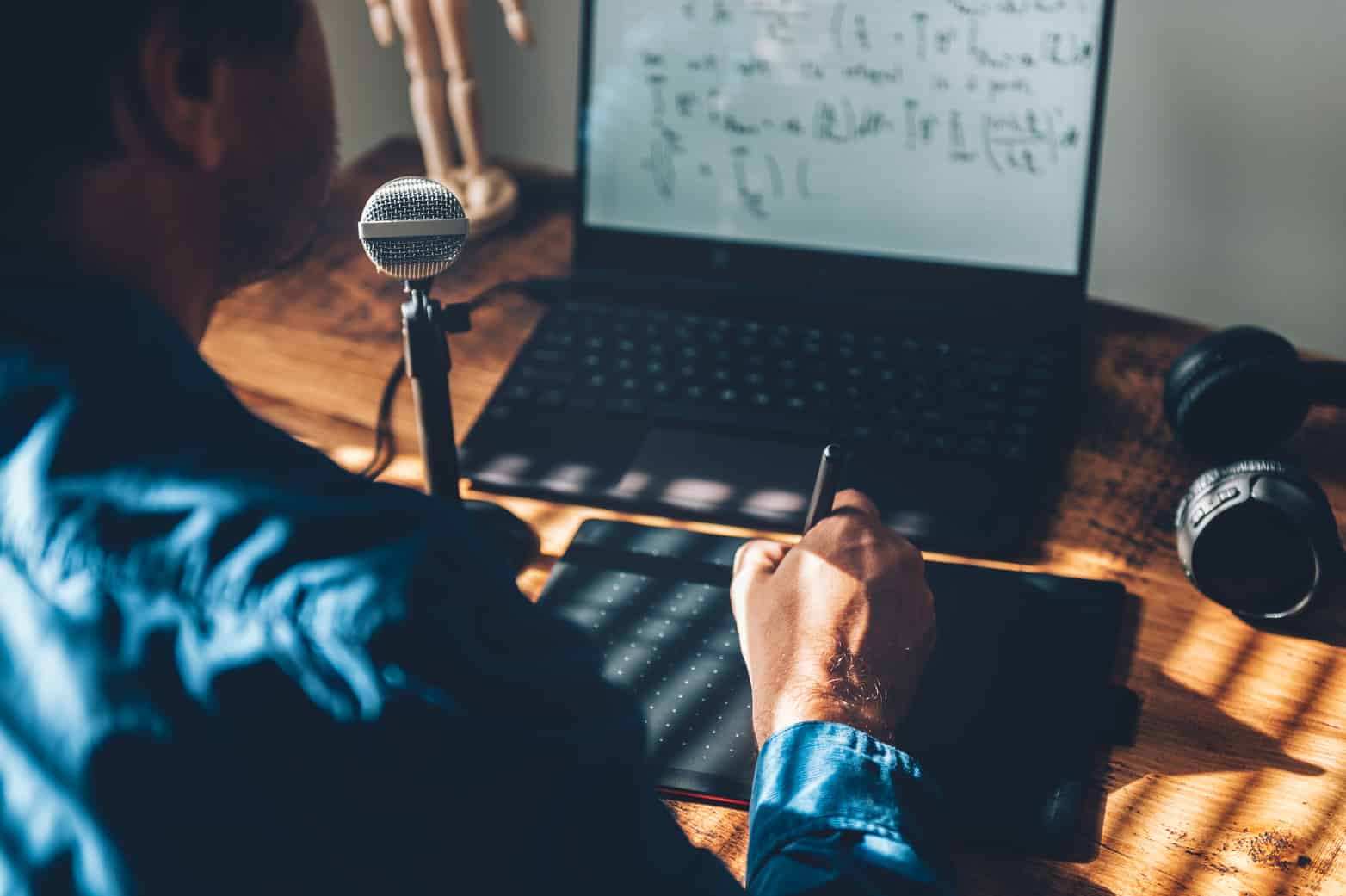
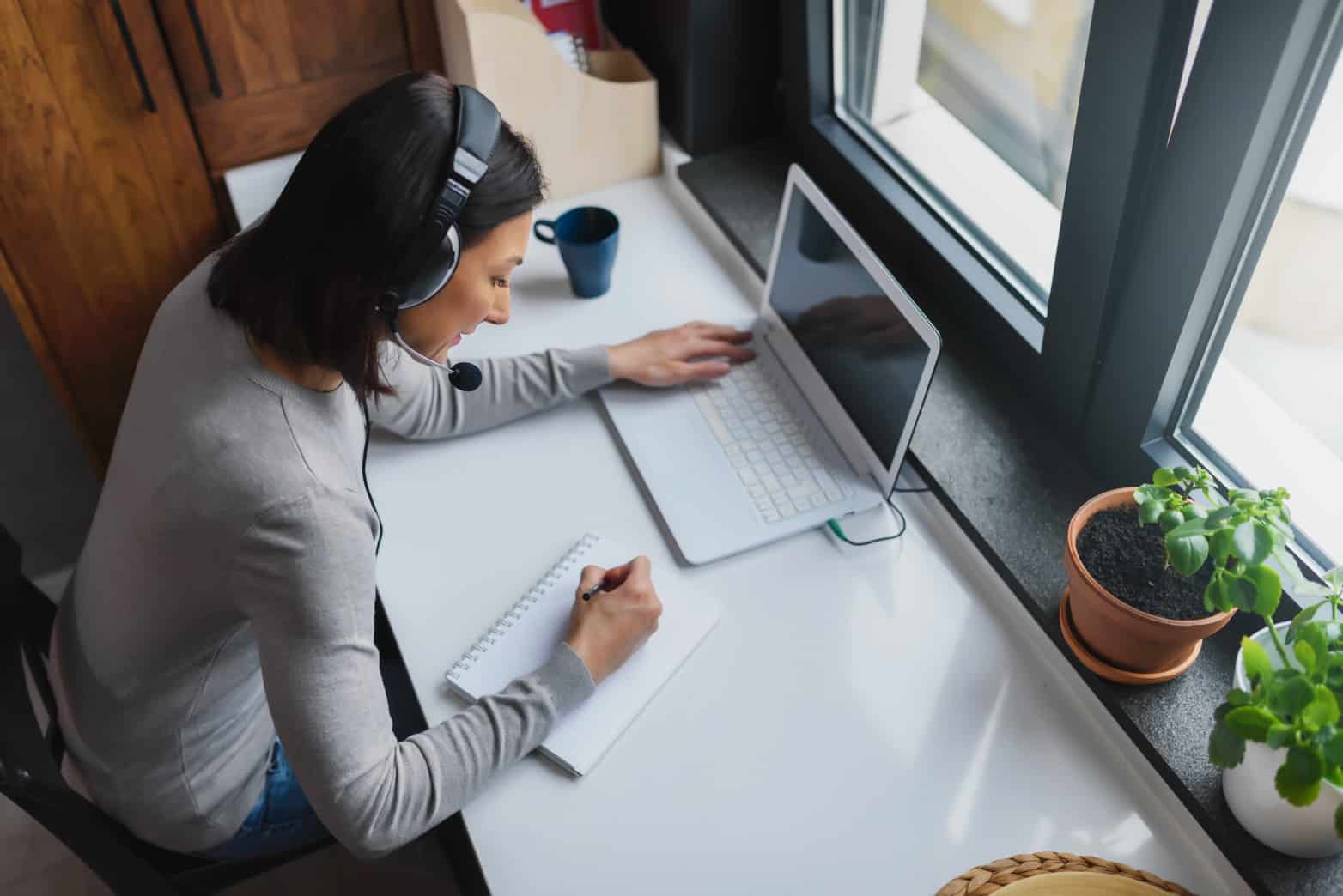




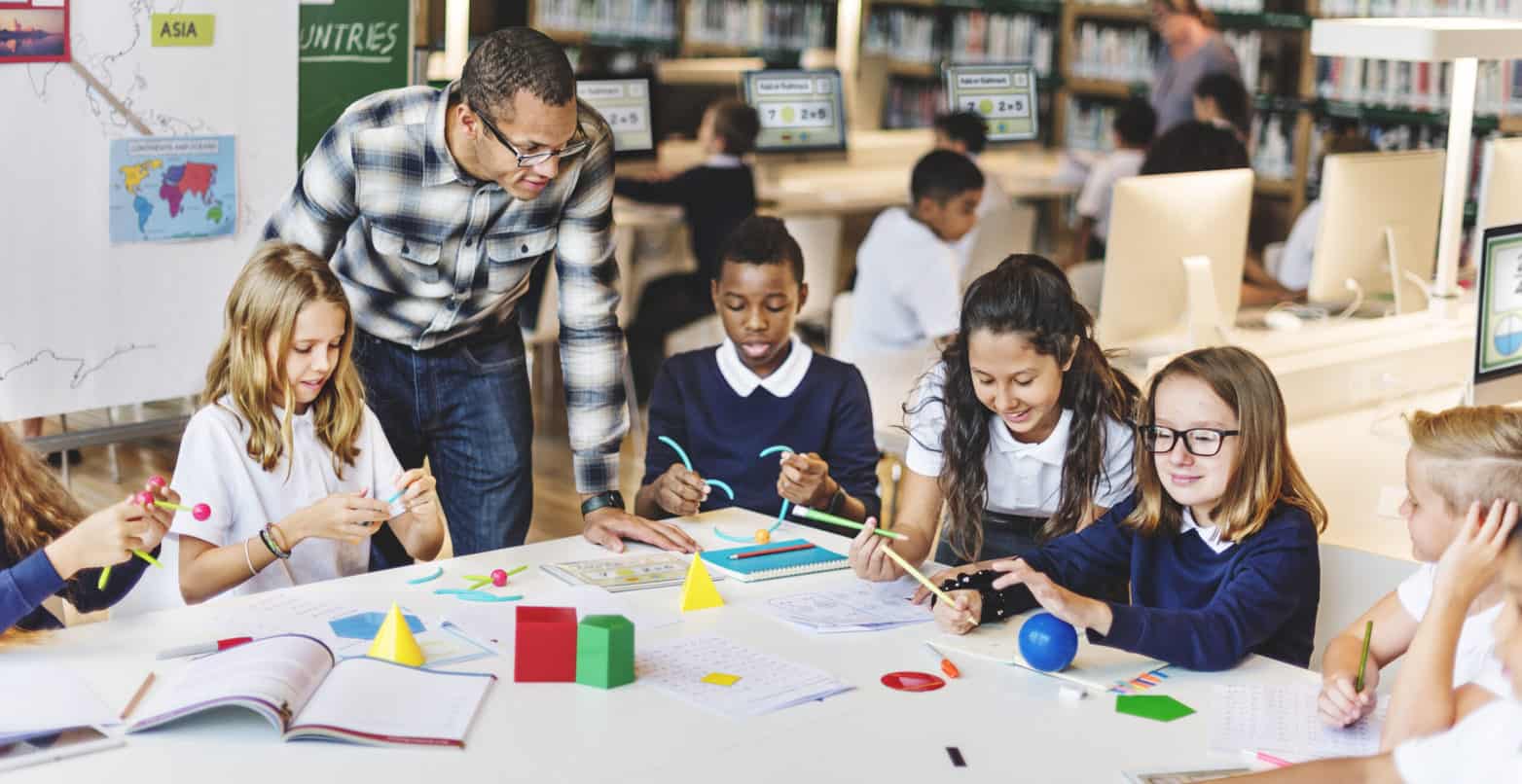
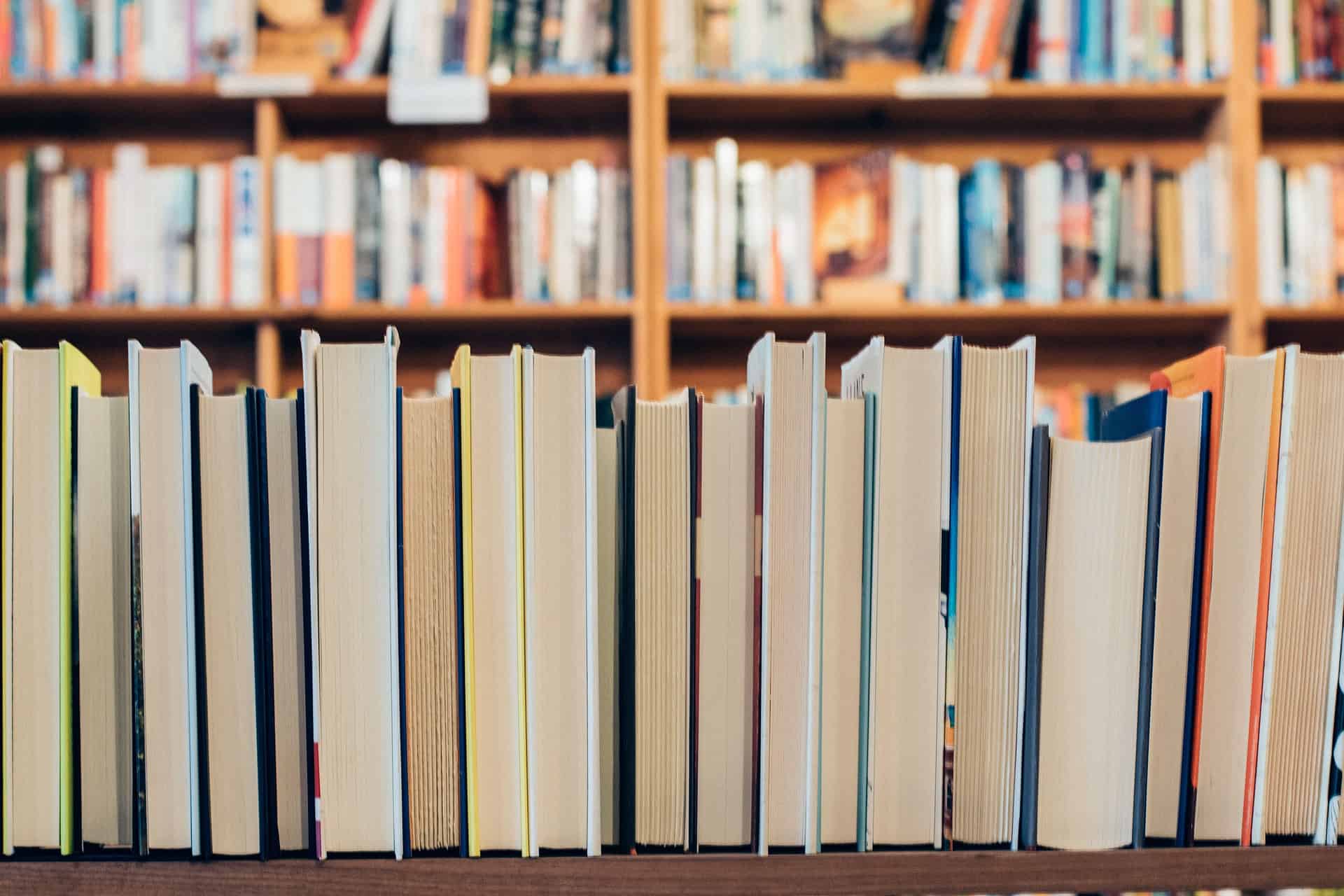
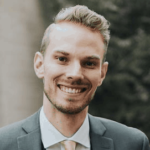
Any suggestions for podcasts? I teach 6th ELA. Also, any points of focus for this grade and subject? Thanks!
Hi Rachel,
For middle schoolers, perhaps include CNN10.com for daily news. They might also enjoy episodes from Freakanomics (https://www.npr.org/podcasts/452538045/freakonomics-radio) or BBC’s 50 Things that Made the Modern Economy (https://www.bbc.co.uk/programmes/p04b1g3c/episodes/downloads). For key topics in 6th grade, most students would immediately benefit from having more background knowledge on US History from 1600s-present. Maybe scan any provided curriculum to see if if there are themes/time periods to reinforce.
Hope this is helpful, and thank you for reading!
Thank you for this! There’s also NPR’s Wow In the World podcast, which appeals to a broad range of ages.
Is it possible to see the links to the podcast put together by the Jackson -Madison public schools? Thanks.
Can you share some specific podcasts that would work for K-2 students? We are thinking of incorporating this idea into our enhanced Gifted and Talented program.
For younger students, perhaps try Tumble:
http://www.sciencepodcastforkids.com/
I also failed to mention that Bill Nye has a new podcast as well – although I’m not yet sure what age it would be appropriate for (have to listen to a few more episodes).
https://www.askbillnye.com/
Thanks for reading, and for the question!
What about 8th ELA? Any specific podcasts that focus on English/Language Arts? Thank you.
As a 5th Grade Social Studies teacher, I incorporate not only documentaries but set up a rudimentary radio station in the classroom. Link I am posting below demonstrates how kids expanded on their textbook lesson: “The Land and Its Resources” by watching a documentary, taking notes and then co-writing and presenting a Documentary Film Radio Review.
Watch the Saint John’s Schools WSJS Radio production of “Digging Dirt” at:
https://www.youtube.com/watch?v=ksJJOF9fy3E